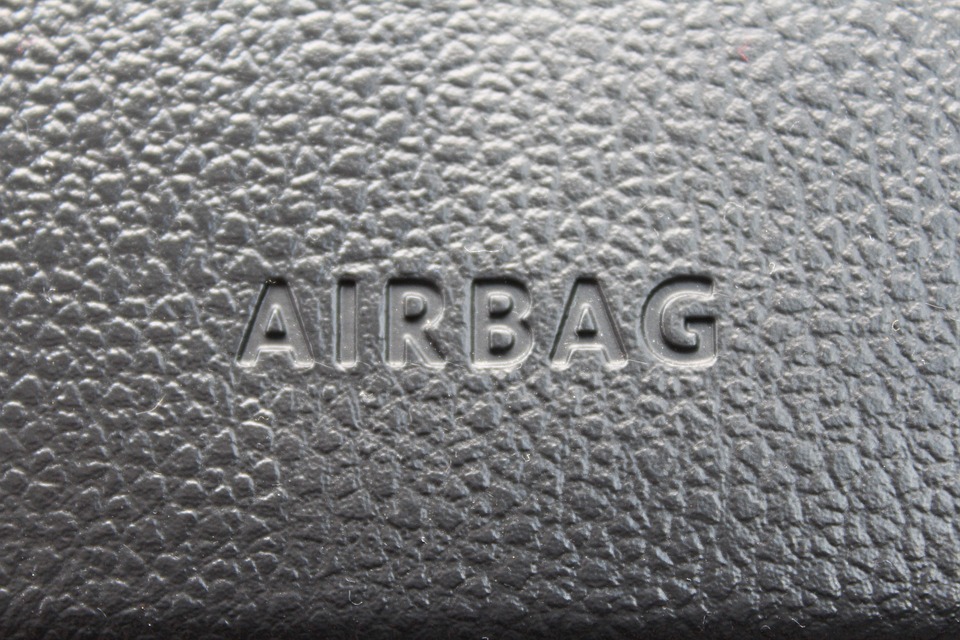The U.S. National Highway Traffic Safety Administration (NHTSA) has intensified its investigation on a possible deadly defect in around 12.3 million vehicles that might prevent air bags from working during a crash.
The agency is probing the air bags initially produced by the parts maker TRW Automotive Holdings Corp now owned by ZF Friedrichshafen. The initial findings suggest that they might fail to function because of “electrical overstress” that would prevent air bags and seat belt pre-tensioners from working normally in a crash. However, in opening its investigation, NHTSA said the possibility of this taking place “appears to be low.”

These units were installed in some vehicles manufactured by Fiat Chrysler Automobiles NV, Honda Motor Co, Mitsubishi, Toyota Motor Corp, Hyundai Motor Co, and Kia Motors Corp from 2010 until 2010.
The faulty units could have caused some eight deaths.
This move is a substantial expansion of the initial investigation of about 400,000 vehicles carried out by NHTSA last year, which primarily focused on some Hyundai and Kia models. the agency said it has extended the scope of its examination after receiving reports of two crashes and two injuries associated with the defect, as well as one death in a Toyota car.
John Wilkerson, the ZF spokesman, said the company “is dedicated to motor vehicle safety and is cooperating with NHTSA and its customers in the probe.”
Toyota said it was cooperating with NHTSA’s analysis and is continuing its probe into the issue and would act appropriately.
Fiat Chrysler, Hyundai, and Kia previously recalled more than 2.5 million automobiles with the TRW air bag units on the reason that these might not work during crashes.
When Fiat Chrysler recalled close to 2 million vehicles for air bag malfunctioning in 2016, it said it received reports of three deaths and five injuries that could be linked to the defect.













